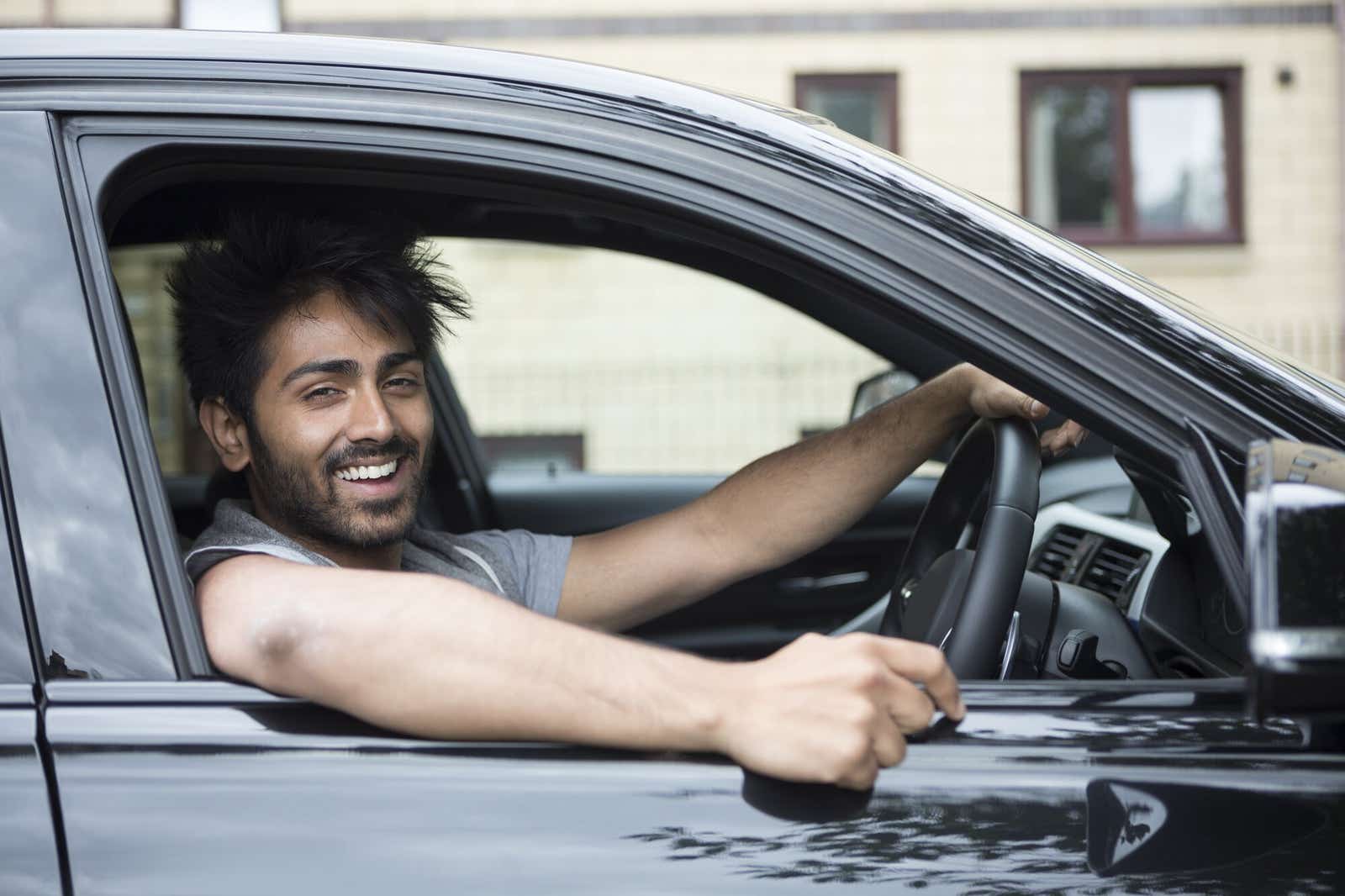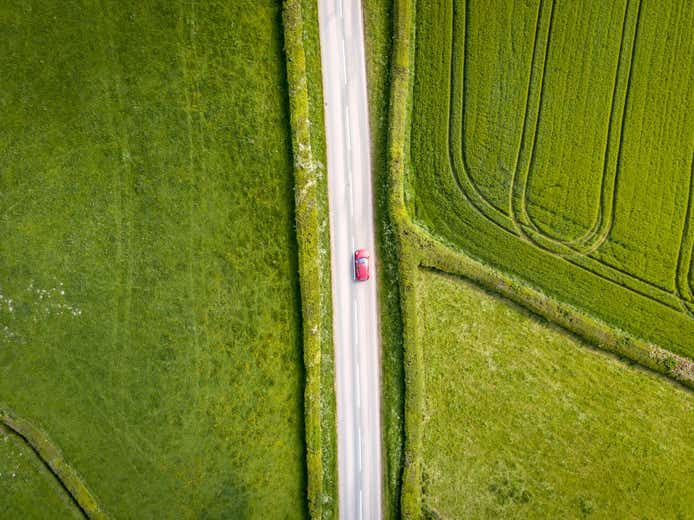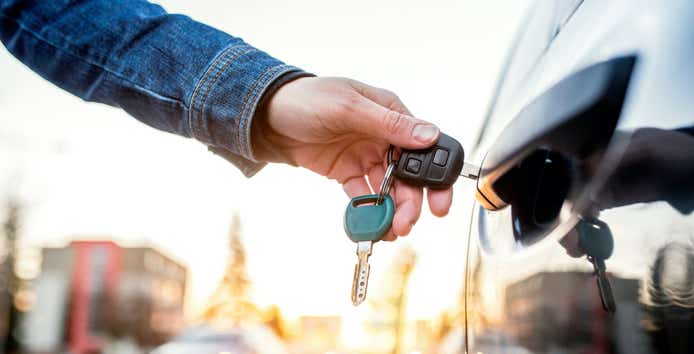How to choose the best first cars for new drivers
Choosing your first car can be an exciting, as well as daunting, experience. There are so many cheap first cars to choose from that it can be overwhelming finding the right one.
It’s not just the purchase cost you have to consider when buying your first car — you also need to factor in the following costs:
- Car insurance
- Breakdown cover
- Running costs
- MOTs
- Road tax
- Repair costs
- Parking permits
- Fees if you live in or drive through the ULEZ zone
Get a car insurance quote
See a range of car insurance quotes in just a few minutes when you compare with Uswitch
What to look for when buying your first car
Car insurance is one of the biggest cost considerations for new drivers — first time car insurance typically costs more until you’ve gained some experience, as you’re considered a higher risk driver in your first year on the road.
Thankfully, you do have some control over your insurance costs, and you can keep them as low as possible by choosing a car that’s cheap to insure.
Cars are grouped in categories from 1-50 based on how expensive they are to insure (with 1 being the cheapest). You can learn more about car insurance groups here.
The good news for new drivers looking for a cheap first car is that cars in lower insurance groups are typically more affordable to buy.

What are the best and cheapest first cars?
One of the most important things when deciding on the best first car is your budget — both for purchasing the car and insuring it. If you can afford to buy a new car, there are some great options in low insurance groups. Here are some of our top picks:
VW Polo
The VW Polo regularly tops the charts of the most reliable small cars. It comes with a 1.0-litre, 80hp engine and falls into insurance group 1. All new Polos come with automatic emergency braking, which means they have a full five star Euro NCAP crash rating. A new VW polo could set you back £19,505.
Vauxhall Corsa
The Corsa has always been a popular first car for new drivers, with some hatchback models in insurance groups 1 and 2. The latest model will set you back £17,070.
Fiat Panda
The 1.1-litre Panda is in the lowest insurance group — it’s affordable to buy too, starting at £13,724.
Nissan Micra
The Micra, which was revamped in 2017, is a model that's always been popular as a first car for new drivers. The new Micra is available from £14,470.
Hyundai i10
This rivals the Micra in terms of first car popularity and starts from new at £14,166. It's in insurance group 1, meaning it’s a good choice for first time car insurance. The compact i10 is easy to park, making it one of the best first cars for new drivers in cities and built-up areas.
Ford Ka+
Another classic first car choice, the latest iteration of the Ford Ka still appeals to new drivers. The Ka+ costs from £11,050, and includes models in insurance groups one and two, making it one of the cheapest cars to insure.

Ford Fiesta
The Ford Fiesta is the UK’s best-selling car and the newer versions include the MyKey system, which allows parents to restrict the car’s maximum speed as well as the stereo volume, and it includes a seatbelt reminder. New Fiestas are priced from £19,060.
Mini Cooper
Although it's one of the most expensive on the list, a Mini Cooper a popular first choice for best first cars if your budget stretches to one. A new Mini cooper will cost from £21,795.
Which are the best used cars for new drivers?
Many of the best first cars for new drivers will be second hand, not brand new. It could also be the case that a new driver is using a car that's been passed onto them, from a friend or family member.
With used cars though, it's still important to look at how much the insurance will cost. Here we look at some of the cheapest second-hand cars to insure for new drivers.
Dacia Sandero
The Dacia Sandero is one of the cheapest new cars to choose, starting at £2,630. The Sandero is more spacious than your typical first car and has models in insurance group 2.
Ford Ka
If your budget won't stretch to a new Ford Ka+, you can pick up a three-to-four-year-old previous generation model for less than £5,000 on the second-hand market, with most in insurance group 2 or 3.
Vauxhall Corsa
The Corsa has always been a popular first car for new drivers, with some hatchback models in insurance groups 1 and 2. You can pick up a car that's only a few years old for less than £5,000.
Volkswagen Polo
The 1.2-litre VW Polo from 2002 onwards is in insurance group 3. You can get a 2012 model for under £3,000, making it a great option for those looking for a cheap first car with the desirable VW badge.
Chevrolet Spark
The entry-level Chevrolet Spark is cheap to insure as it's in group 1, and you can pick up a model in good condition under your budget.
Skoda Fabia
Skoda’s 1.2-litre Fabia Classic, Silverline and Blueline models are in insurance group 2, and you can pick up a 2006 version in triple figures.
Fiat Panda
The 1.1-litre Panda is in the lowest insurance group — it’s affordable to buy too, with examples from 2006 coming in under budget.
Should I choose a petrol, diesel or electric first car?
You may be better going for a petrol car over a diesel car. As a new driver, chances are you are going to be looking at a smaller car, of which there are fewer diesel models available, as the diesel car becomes less fashionable.
Diesel cars are more economical, but you will need to be travelling long distances for the savings to kick in. Some petrol engines have the option of a stop-start, which can take some getting used to, but will offer some fuel savings.
Electric cars are the future - with cheaper fuel costs - but they still suffer from limited range compared with more traditionally fuelled vehicles. They also take longer to fill up and there are fewer public charge points to use during a long journey, or while away from home. They tend to cost more to buy and insure - although over the longer term you can make savings thanks to cheaper fuel and running costs.
However, following the announcement of the diesel and petrol ban, the government have pledged extra grants for electric car buyers and investing more money on charging points.
2030 petrol and diesel ban
In 2020, then-Prime Minister Boris Johnson announced a ban on all new cars and vans that are powered by petrol and diesel from 2030, though some hybrids will still be allowed.
Get a car insurance quote
See a range of car insurance quotes in just a few minutes when you compare with Uswitch



